Monkeys
Recent articles
Vasopressin boosts sociability in solitary monkeys
Inhaling the hormone did not increase aggression in unsociable rhesus macaques and appears to help the animals remember faces and reciprocate friendly behaviors.
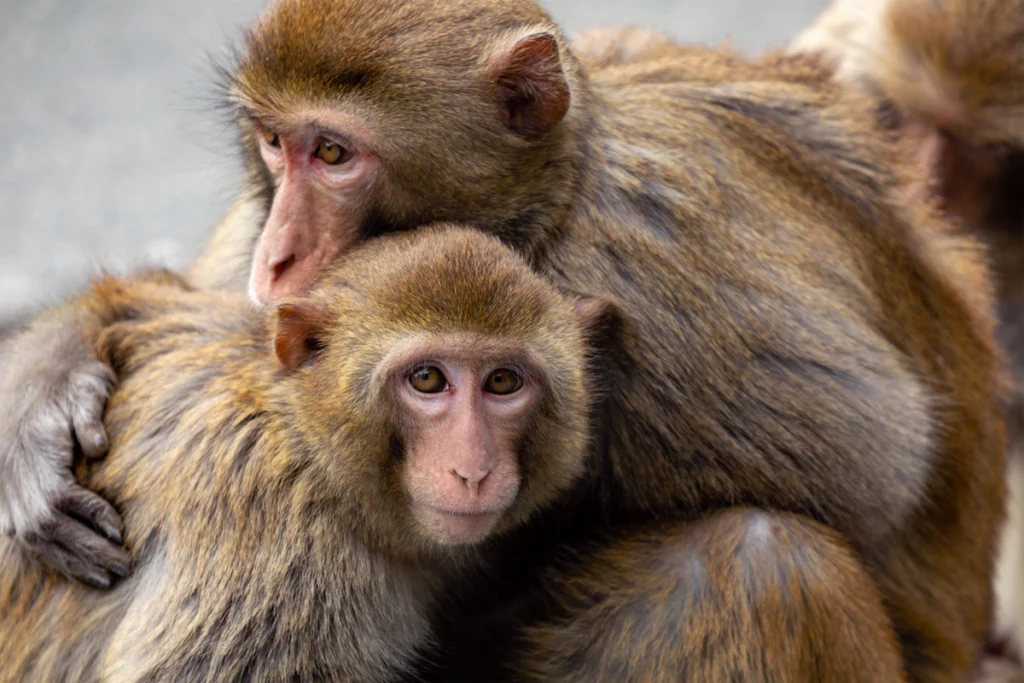
Vasopressin boosts sociability in solitary monkeys
Inhaling the hormone did not increase aggression in unsociable rhesus macaques and appears to help the animals remember faces and reciprocate friendly behaviors.
Expanding set of viral tools targets almost any brain cell type
Harmless viruses that encase short noncoding DNA elements called enhancers enable cell-type-specific gene delivery across the central nervous system in rodents and primates.
Expanding set of viral tools targets almost any brain cell type
Harmless viruses that encase short noncoding DNA elements called enhancers enable cell-type-specific gene delivery across the central nervous system in rodents and primates.
Monkeys’ amygdala cells adapt to social status
The cells’ activity reflects social hierarchies and may enable flexible behavior.
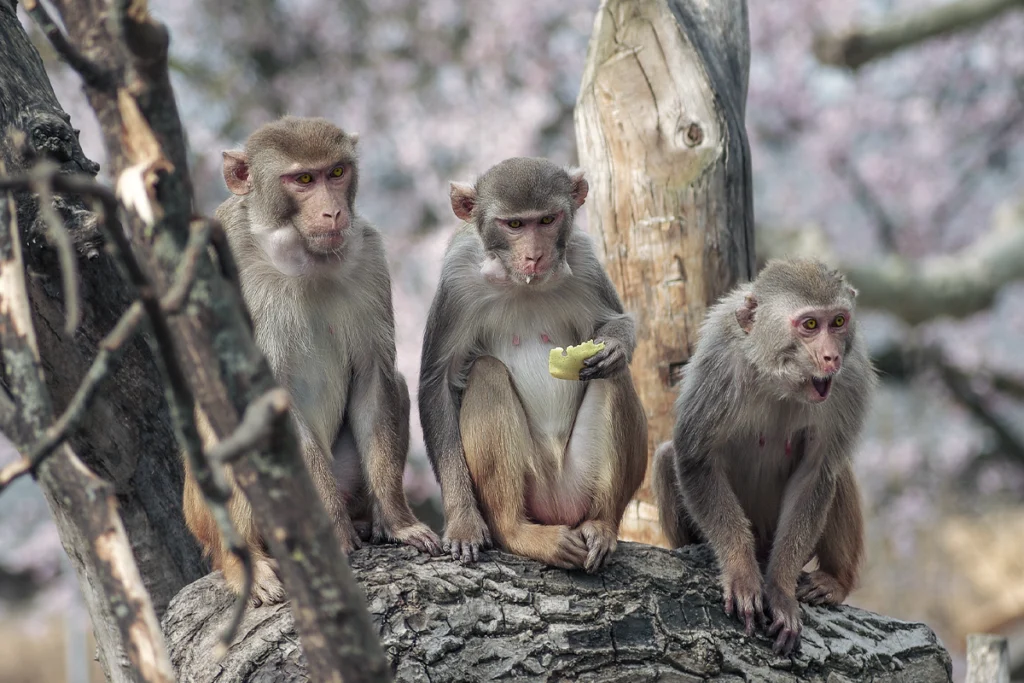
Monkeys’ amygdala cells adapt to social status
The cells’ activity reflects social hierarchies and may enable flexible behavior.
Brain patterning in utero may be implicated in autism, other conditions
Genes tied to several conditions are expressed in regions that control neural stem cell fate within the first few months post-conception.
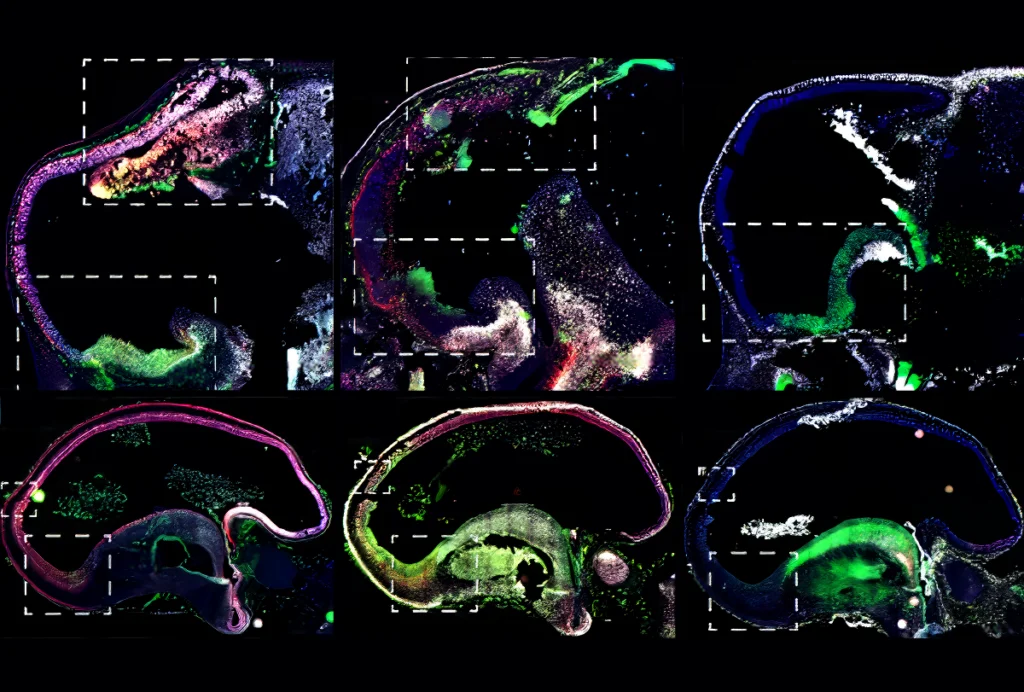
Brain patterning in utero may be implicated in autism, other conditions
Genes tied to several conditions are expressed in regions that control neural stem cell fate within the first few months post-conception.
Monkeys build mental maps to navigate new tasks
Cognitive maps, also known as world models, allow animals to imagine novel scenarios based on past experiences.
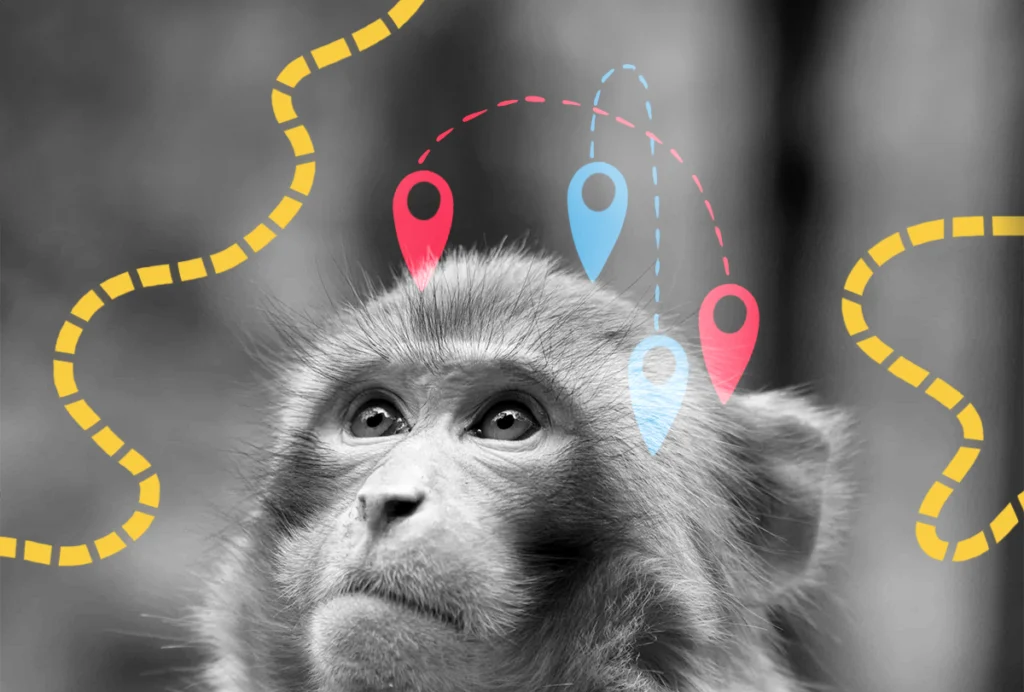
Monkeys build mental maps to navigate new tasks
Cognitive maps, also known as world models, allow animals to imagine novel scenarios based on past experiences.
Newly found circuit through visual cortex powers first look at faces
The superior colliculus, an evolutionarily ancient brain area responsible for eye movements, responds to faces before the canonical face areas do, a study of macaque monkeys suggests.

Newly found circuit through visual cortex powers first look at faces
The superior colliculus, an evolutionarily ancient brain area responsible for eye movements, responds to faces before the canonical face areas do, a study of macaque monkeys suggests.
2024 Kavli Prize awarded for research on face-selective brain areas
Studies by Nancy Kanwisher, Winrich Freiwald and Doris Tsao revealed how the brains of humans and other primates identify faces and helped establish an understanding of brain specialization.

2024 Kavli Prize awarded for research on face-selective brain areas
Studies by Nancy Kanwisher, Winrich Freiwald and Doris Tsao revealed how the brains of humans and other primates identify faces and helped establish an understanding of brain specialization.
Monkey studies throw wrench into decade-old idea about movement’s effect on visual cortex
Movements that boost activity in the visual cortex of mice have the opposite or no effect in marmosets and macaques, prompting questions about whether mice are a suitable model for the primate visual system.
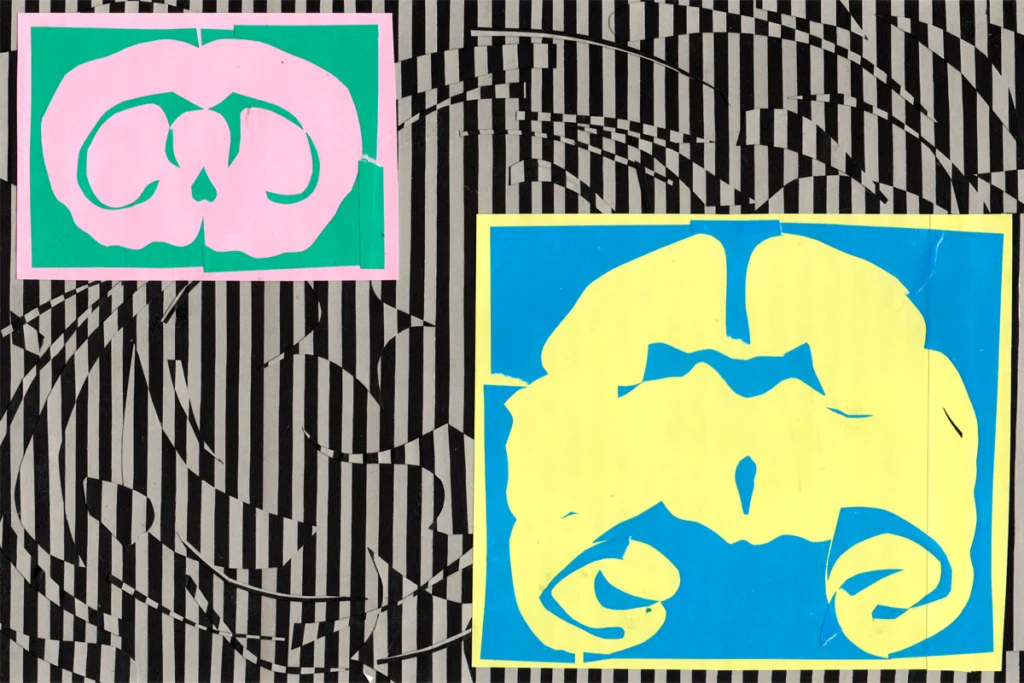
Monkey studies throw wrench into decade-old idea about movement’s effect on visual cortex
Movements that boost activity in the visual cortex of mice have the opposite or no effect in marmosets and macaques, prompting questions about whether mice are a suitable model for the primate visual system.
Remembering Peter Schiller, principled pioneer of vision research
Schiller, best known for his research on how the superior colliculus controls eye movements, died last month at the age of 92.

Remembering Peter Schiller, principled pioneer of vision research
Schiller, best known for his research on how the superior colliculus controls eye movements, died last month at the age of 92.
Vast diversity of human brain cell types revealed in trove of new datasets
The collection offers a glimpse into differences in cell composition — across people and brain regions — that may shape neural function.
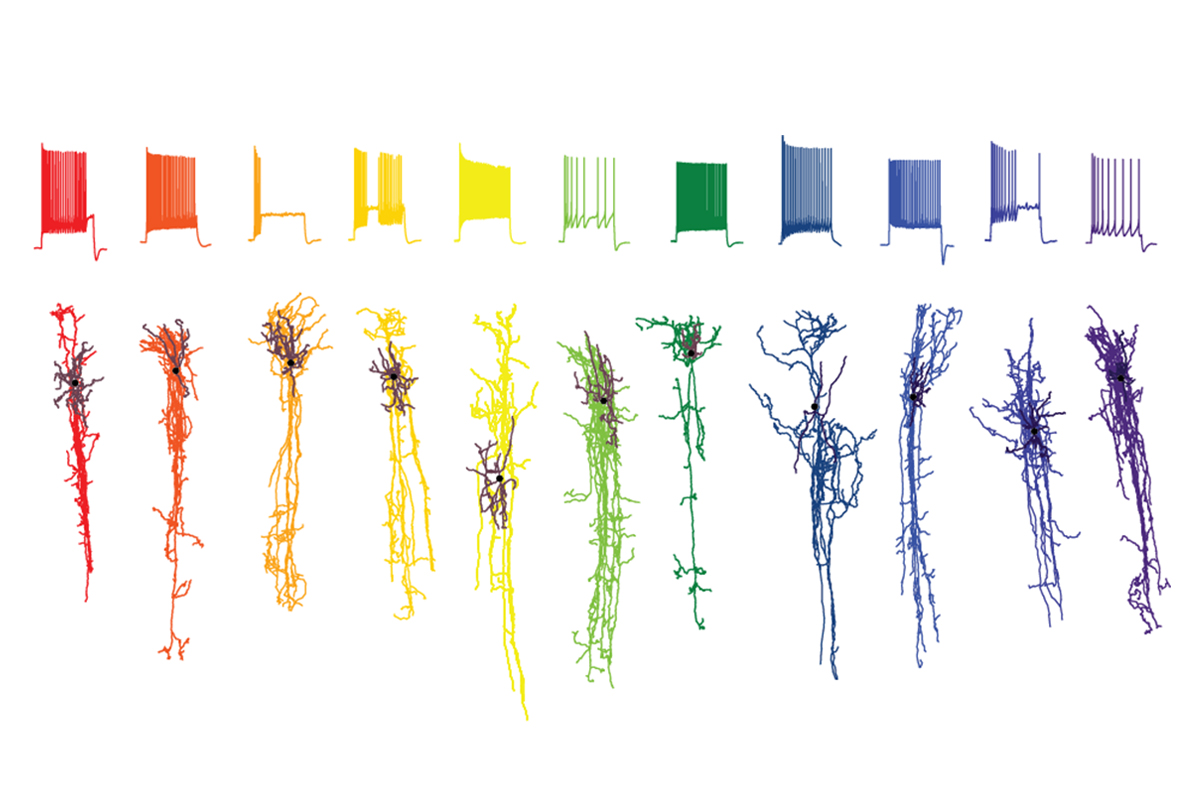
Vast diversity of human brain cell types revealed in trove of new datasets
The collection offers a glimpse into differences in cell composition — across people and brain regions — that may shape neural function.
Explore more from The Transmitter
Newly awarded NIH grants for neuroscience lag 77 percent behind previous nine-year average
Since President Donald Trump took office on 20 January, the National Institute of Neurological Disease and Stroke and the National Institute of Mental Health have awarded one quarter as many new grants as during the same two-month period, on average, since 2016.

Newly awarded NIH grants for neuroscience lag 77 percent behind previous nine-year average
Since President Donald Trump took office on 20 January, the National Institute of Neurological Disease and Stroke and the National Institute of Mental Health have awarded one quarter as many new grants as during the same two-month period, on average, since 2016.
Releasing the Hydra with Rafael Yuste
Losing HHMI Investigator status prompted Yuste to study neural networks in a new way.

Releasing the Hydra with Rafael Yuste
Losing HHMI Investigator status prompted Yuste to study neural networks in a new way.
Coding error caused layoffs at National Institute of Neurological Disorders and Stroke this week, source says
Thirty employees—including 11 lab heads—at the institute should “immediately return to work,” according to an email the institute’s Office of Human Resources sent to top administration at the institute Wednesday evening.
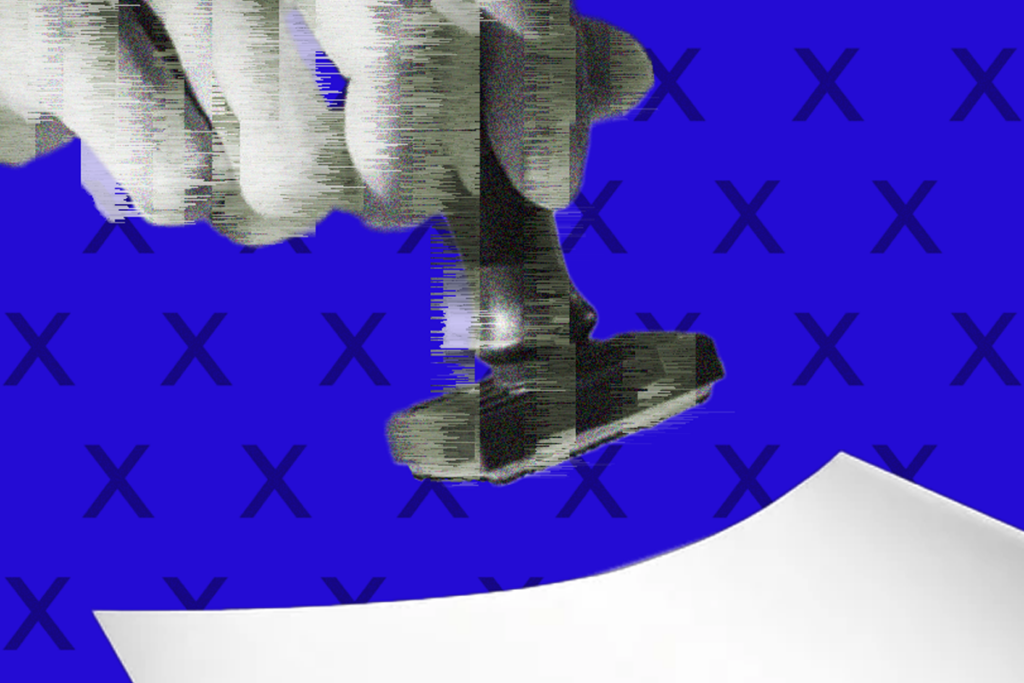
Coding error caused layoffs at National Institute of Neurological Disorders and Stroke this week, source says
Thirty employees—including 11 lab heads—at the institute should “immediately return to work,” according to an email the institute’s Office of Human Resources sent to top administration at the institute Wednesday evening.